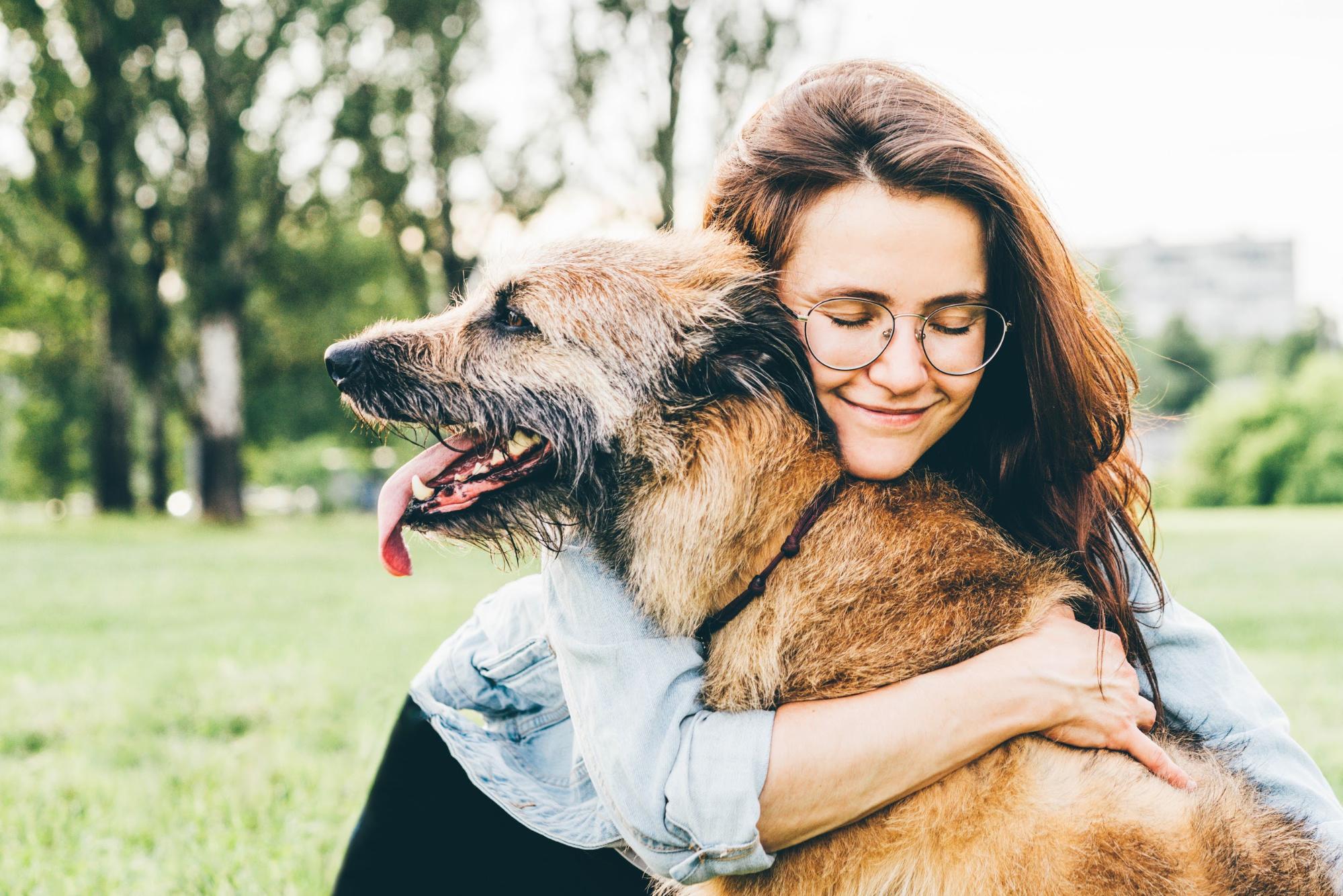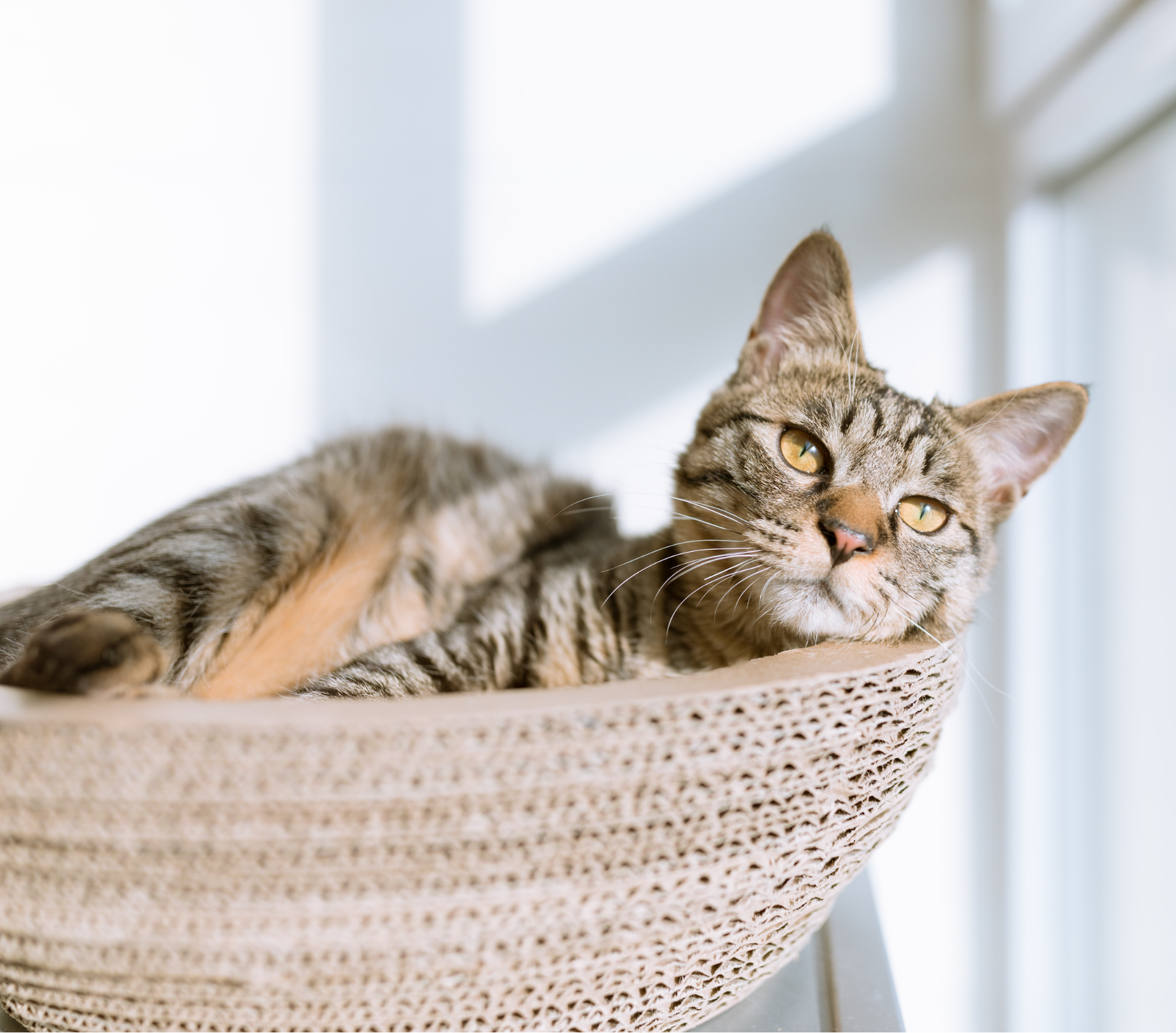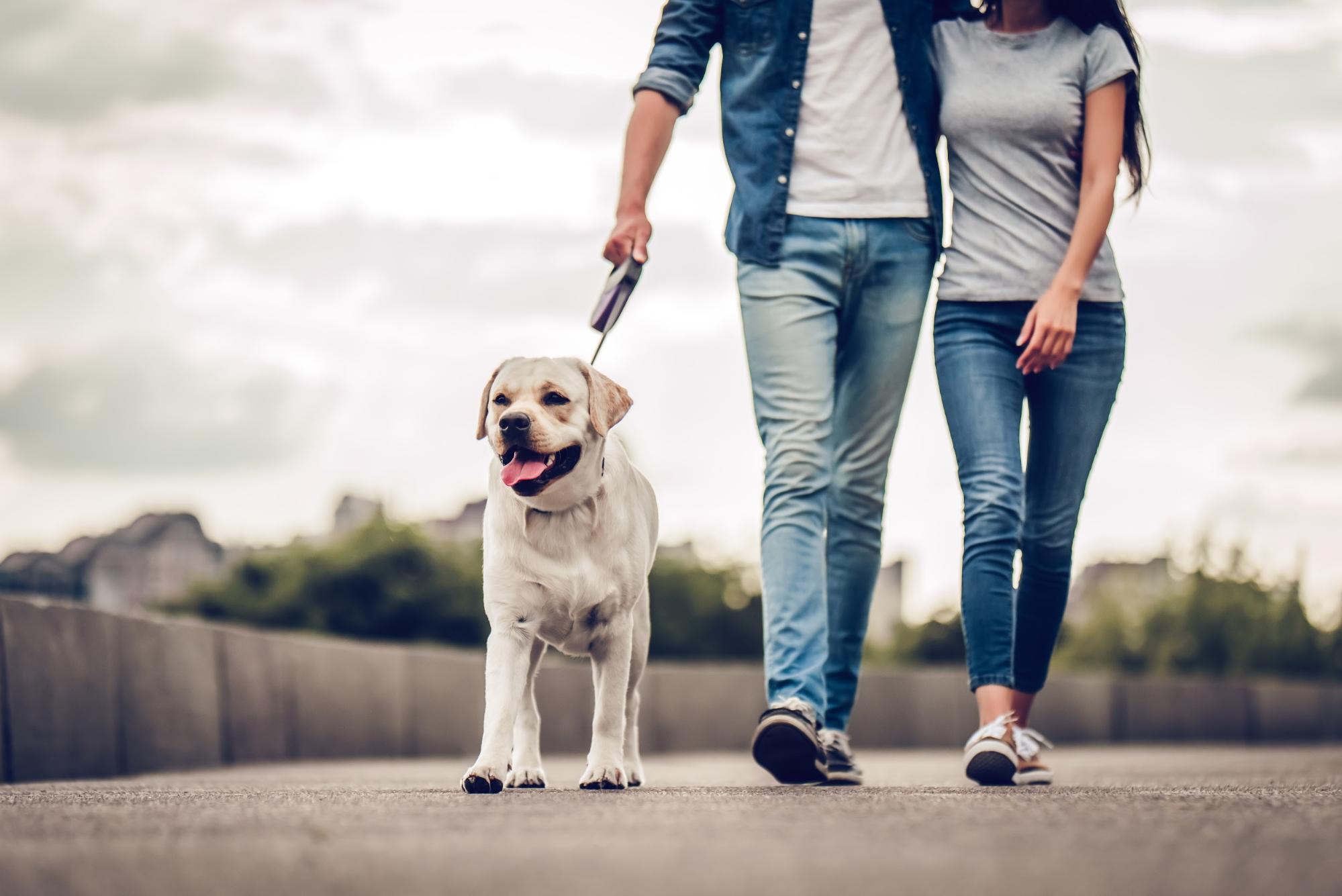
Most pet owners have heard the best time to socialise your pet is when it’s around 3 to 4 months old. You may have also even heard different answers from a breeder or shelter than you have from a handler or a vet. At Pets in Peace, we know how confusing this can be. Many even think if they’ve missed the recommended window, and that there’s little that can be done to socialise their pet. But we’re here to tell you that’s simply not true, and there’s still hope!
Not everyone is handed the opportunity to socialise their pet early on. Especially if you’ve adopted an older pet, a rescue or a puppy that wasn’t socialised. Socialisation is an important part of your pets life to ensure they feel happy, safe and comfortable in their environment. With these useful tips, you can take steps towards successfully socialising your cat or dog, no matter their age.
What is Pet Socialisation?
Socialisation, or more specifically pet socialisation, is the learning process that your pets go through which enables them to live peacefully in society. With correct socialisation, pets learn how to coexist in proximity to other people, pets and animals, across a variety of environments. You may not realise it at first, but socialisation affects multiple aspects of a pets life. Simply taking your pet outside and watching how they react to their environment boils down to how they were socialised.
Everyone has at least once seen a dog that has excessively barked, growled or even lunged at others, or even yourself. While some may automatically believe that that person’s pet may have been mistreated, the truth is propper socialisation may have not taken place. When pets react like this, it’s out of instinct in response to fear or insecurity.
Why Should We Socialise Pets?
Correctly socialising your pet is more than just preventing embarrassment on your walk. If your pet isn’t socialised correctly, any unfamiliar environments, noises, people as well as other pets can stress your pet out. Pets that struggle with relaxing in unfamiliar environments live more anxious lives and struggle to let their guard down and learn new things. For your pet to live a less stressful life, ensuring they are well socialised is crucial for their overall health and happiness. If you want to learn more ways of improving your pet’s health, you can visit our blog.

How Do I Know if My Pet Is Socialised?
If you choose your pet from a reputable breeder, the likelihood is their socialisation has already been well established. Pets from responsible breeders have likely had the key interactions with their parents, littermates, as well as their breeders and their family or friends. They may have even had the opportunity to interact with other pets or children, or been introduced to a variety of household noises, such as doorbells and vacuum cleaners. If your pet was from a backyard breeder or a pet store, there are higher chances they weren’t correctly socialised. Many of these pets are from mills, where pets are excessively bred without the pets temperament, health or socialisation in mind. The conditions pets are bred in are often inadequate, and focus on the commercial benefits of breeding, instead of the social and physiological and psychological well being of pets. Puppy and kitten mills are unethical practices banned in some states in Australia. However in Queensland, puppy factories and the sale of animals in pet shops remain legal, so it is vital to do your research and know where your pet is coming from.

What Are The Signs My Pet Isn’t Socialised?
While each pet is different and not present every one of these signs, if you notice any of these behaviours in your pet, there is a chance they are the result of inadequate socialisation. The telltale signs include:
- Pets acting fearful or aggressive around people or other animals. This can still include people they have met before.
- Your pet hisses, barks or raises its hackles (the hair on his or her back) when you or another pet or person approaches.
- They act nervously while on walks.
- Your pet is shy around other people or pets and may hide or try to escape the area.
- This one may come as a surprise, but pets who are overly excitable as a response, and cause anxiety in other pets or people.
Helpful Pet Socialisation Tips
Before you begin, here are some tips to remember to support you and your pet at the beginning of their socialisation journey.
- Set Realistic Expectations: Even if you have followed all advice in the textbook, you should remain realistic and prepare yourself that there is a chance your pet may never be as comfortable as a pet that was bred, raised and socialised correctly. This doesn’t mean your pet’s socialisation can’t improve, but it may not be perfect. Which is ok, perfection doesn’t have to be the goal. Every pet doesn’t have to be a social butterfly, they just ought to live comfortably enough that they feel safe, secure and happy in their environment. Achieving a less stressful and happier pet is a win in itself.
- Set Small Goals: Small, achievable goals will help you stay motivated. If you notice your pet is comfortable inside the home but is afraid of going outside, you should make this your first goal. From there you can graduate to going outside on walks and eventually introduce other people into the environment.
- Patience is Key: Socialising your pet in a marathon, not a 100-metre sprint. It may require more time than what you first imagined, so make sure to pay attention to your pets comfort level, and proceed at their pace. Remember, learning will be less stressful and more fun if you don’t put too much pressure on your pet (or yourself).
- Make Learning Rewarding: Some pets are reward motivated, meaning you should be able to use food, toys or affection to reinforce and reward their good behaviour. Finding out what your pet loves, and using it to your advantage will help allow socialisation to be fun, engaging and rewarding.
How Can I Socialise My Cat?
Cats are often viewed as independent and aloof, so it’s not unusual to wonder if socialising an adult cat is even possible. A lot of cats’ social behaviour is caused by genetics, particularly from their fathers, where traits such as shyness or outgoingness are inherited. The ideal window for kitten socialisation is around 3 to 12 weeks old. During this time they should be handled for 40 minutes a day to allow them to get to human touch. At this age kittens are more fearless, so use this to your advantage and frequently introduce them to a variety of people, pets, sounds and environments. Unfortunately for cats as they age, they become increasingly difficult to socialise.
- Provide a Safe Haven: Provide your adult cat with a hiding space during socialisation time. This way they can comfortably observe the new person or pet in their environment from a distance they feel safe at. After a time, your cat should become less cautious, however, if you’re struggling to coax them from their hiding spot, you can use food or small bites of tuna or chicken to persuade them out.
- Reward, Reward, Reward: Reward your cat when they act normal, especially when they are playful or come out of their hiding spot.
- Ignore Timid Behavior: Try to ignore any fearful behaviours, as drawing attention to these behaviours can reinforce fear. It’s best to ignore the anxious behaviour, and show your pet there isn’t anything to be afraid of.
- Approach Your Vet: If your cat is still hiding and refuses to be touched or introduced to others, you can talk to your vet about anxiety medication to help aid the socialisation process.
How Can I Socialise My Dog?
While cats inherit their tendencies from their father’s genetics, dog socialisation depends more on the characteristics of their breed. As dogs have been domesticated for longer than cats, their social abilities are more developed, making socialising dogs easier. While dogs can be socialised at any time of their life, their key stage for developing their socialisation skills are between the age of 8 to 16 weeks old.
- Enrol Your Pup Into Puppy Socialisation Class: If you currently have a puppy you’re unsure is socialised, you can enrol them into socialisation classes. These classes teach puppies how to share toys, food and play with other dogs in a supervised and safe environment. Some classes even focus on etiquette like how to correctly walk while leashed and not to jump up on guests.
- Introduce Friends/Family In Their Environment: To get your dog comfortable with meeting new people, we recommend you have your dog leashed indoors and introduce friends and family one at a time. New people can slowly approach your dog and offer them a treat while speaking in a calm encouraging tone. If your dog pulls back, it is important to slow down training and try another day your dog is more playful.
- Go On Walks: Walks are a great way to introduce your dog to a variety of new sights, sounds, smells and strangers, while simultaneously allowing them to burn off energy. If your dog begins to bark at strangers, remember to not tug at the leash or scold them. Instead, use treats to distract your dog or turn in the opposite direction to calm them.
- Provide Security: As nesting creatures, dogs are hardwired to feel safe in dens. Having a crate or safe space open they can escape to during the commotion of visitors provides your dog with an escape when they feel stressed. If this happens, you know training has reached your dog’s limits and it’s time to try another day.
Taking your pet for a walk or introducing your pet to new strangers and environments shouldn’t be a stressful event you dread. With these tips, you and your pet can steadily work towards socialisation, and ultimately a happier, less stressful life. At Pets in Peace, we provide heartfelt aftercare services. We offer a range of aftercare services like funerals, cremations and personalised memorial products for pets of all sizes and kinds. To discuss aftercare services for your beloved pet, you can contact us to enquire about our services today.

